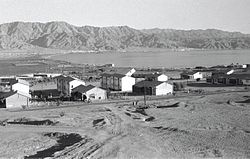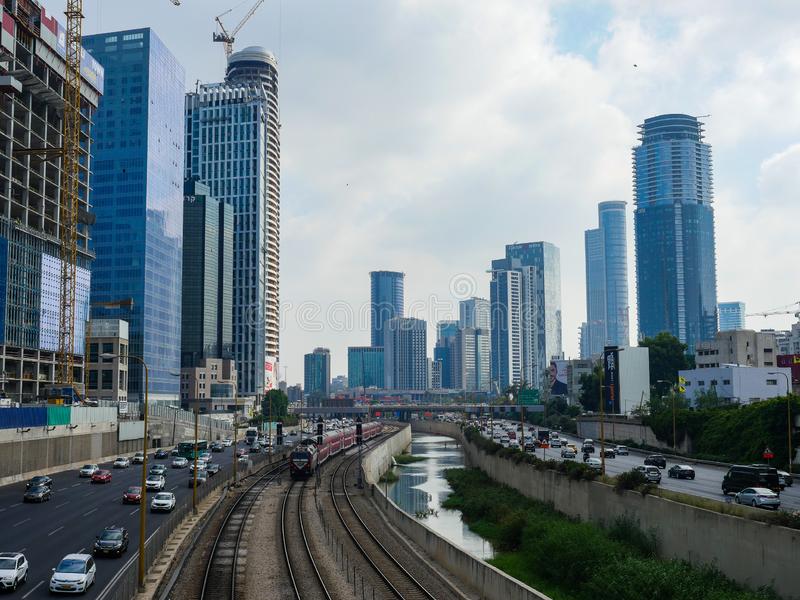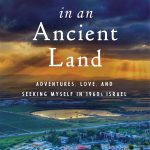
The Israel that greeted me on that distant, dusty road no longer exists except in memory. Today, parts of the Promised Land have been paved over to such an extent that the life and landscape of the early sixties in this story may sound fantastical. Humming freeways carry a population of nine million between skyscrapers and shopping malls. Villages have become towns and towns have burgeoned into cities in a building frenzy designed to accommodate a population that has tripled in half a century. Jerusalem, while officially united, remains a tale of two cities deeply divided, East and West.

Of course, I too have grown from a teenager whose book was practically a blank slate to become a professional woman, mother, grandmother, and writer. But back then, Israel and I were in many ways coming of age like a pair of adolescents (we had, after all, come into being only three years apart). In that sense, the country’s cocky chutzpah and can-do attitude were a good match for my own mix of idealism and bravado. Israel’s pioneering spirit inspired me while my post-war generation was a source of hope and renewal after the Holocaust.
But the country’s heady idealism was not shared by all. As I was falling in love with my adoptive homeland, I was barely aware that Palestinians were grieving the loss of theirs. What Israelis called the War of Independence, they called the Naqba—a national disaster that had driven them into squalid refugee camps in an unwelcoming diaspora. But after two thousand years of exile and persecution, the new Jewish inhabitants had little sympathy for the misfortunes of Palestinian refugees. While ordinary citizens on both sides longed for peace, security and geopolitical and issues beyond their control increasingly overshadowed their desires. Although it would still be several years before the War of 1967 launched the ongoing occupation of Palestinian lands outside Israel’s recognized borders, the clouds of conflict were never far from the horizon.
However, this book is not meant to romanticize, politicize, or rationalize past or present affairs but to tell the story of a personal journey that came to determine the course of my life, though I had no idea of this at the time. I went to Israel in search of a closer understanding of my father through his Jewish roots, but planted my own roots there instead. Not only was I leaving my small hometown, I was also leaving my mother for a foreign land, just as she had left hers. On top of this, I was struggling to become an individual, distinct from my identical twin. Lurching on the tightrope between fear and the urge for independence, I plunged into the future with all the inexorable momentum of youth. That quest has now become a reverse journey through the arc of time, connecting the young girl I was with the woman I have become.





